Those living beyond Surrey may know the county town of Guildford for its striking, modern cathedral. They may recognise images of its attractive High Street and projecting Guildhall clock. They may even remember it as the town that The Hitchhiker’s Guide to the Galaxy’s alien field researcher Ford Prefect didn’t, in fact, come from after all.
What may be less widely known is its major role in the hugely successful, growing domestic gaming industry, just one sector that has prospered as a result of the strategic collaboration between the University of Surrey and local business. According to the university, Guildford is home to the largest cluster of video gaming companies in the UK with more than 60 studios and over 1,000 employees.
The university, which is based in Guildford, is a key contributor to the town’s success story. It is a leader in the fields of scientific and technological research, with a strong reputation in health, medicine, space, the environment and mobile communications. Working in tandem with local businesses, it owns and operates the expanding Surrey Research Park, focused on knowledge-based industries that support the commercial application of the university’s research.
Over the past decade, Guildford has seen strong growth in both the commercial and residential sectors and has emerged as a creative and tech powerhouse, delivering economic output at a rate well ahead of other comparable towns. However, house price affordability pressures are becoming keenly felt which will be exacerbated if the area continues to struggle to deliver enough new homes to meet demand.
Currently the ratio of median house prices to median workplace earnings across the region outstrips the national average of 8.1 and in Guildford itself the ratio has risen by 50 per cent from 8.35 in 2009 to 12.53 in 2018.
In order to maintain a thriving and sustainable town centre, it’s essential those who work there can afford to live there. If not, businesses can suffer, finding it hard to recruit. Locations like St Albans, where trains take just 21 minutes to St Pancras, are increasingly becoming purely commuter hubs, potentially at the expense of local commercial success.
Guildford workplace vs residence average earnings are near parity which bodes well for the sustainability of the commercial core. And while it’s true that house prices have increased and affordability has worsened, it is in a much healthier state than competing towns.
However, with a growing gaming, tech and creative employment base along with perennial desirability as a place to live due to good schools and proximity to London, the challenge of affordability will persist.

.jpg)
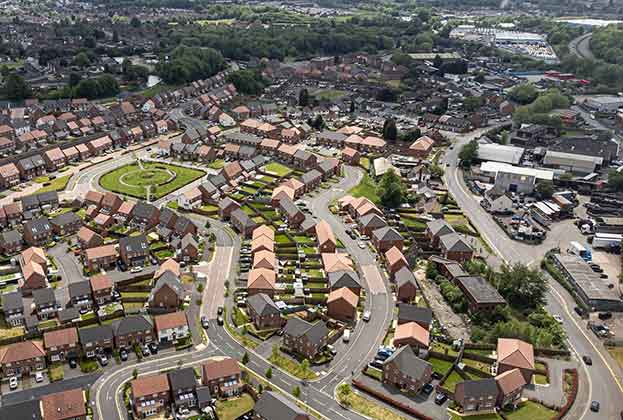
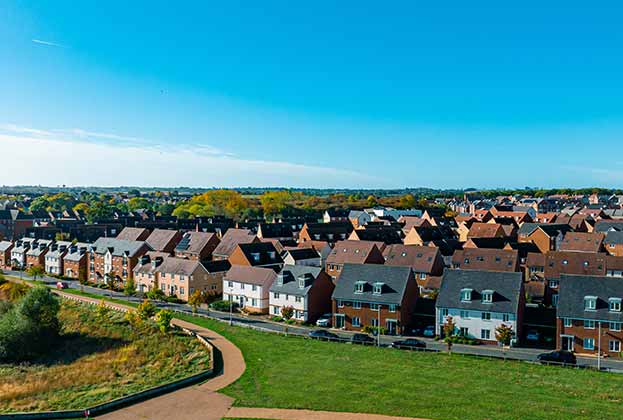
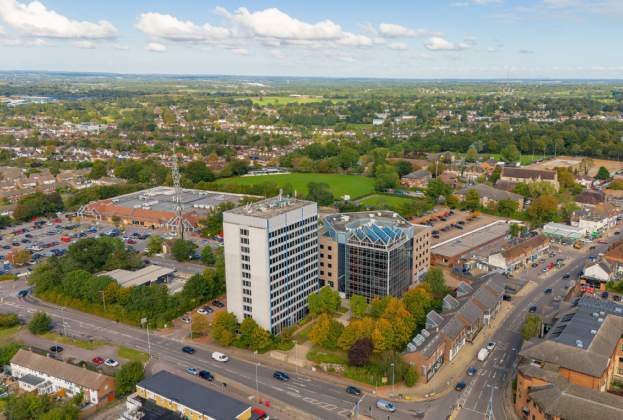
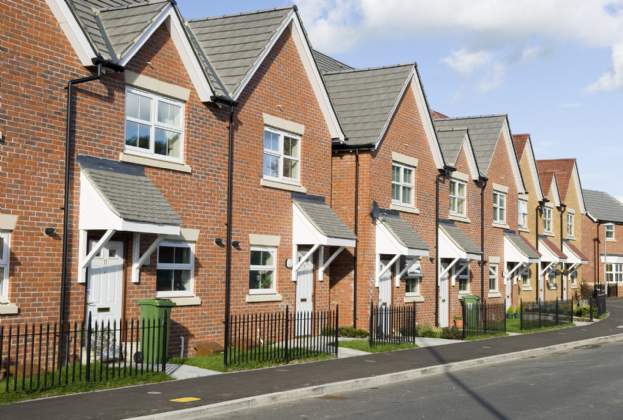
.jpg)
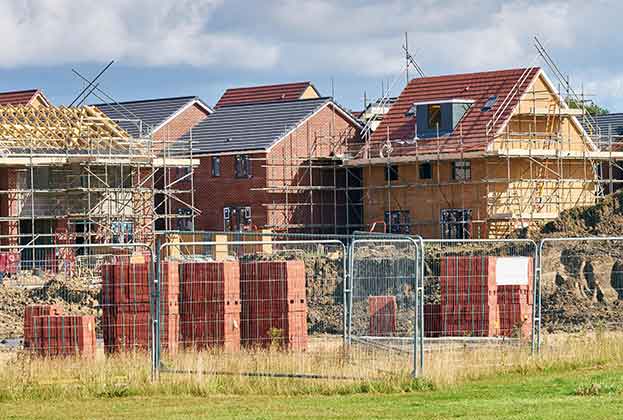
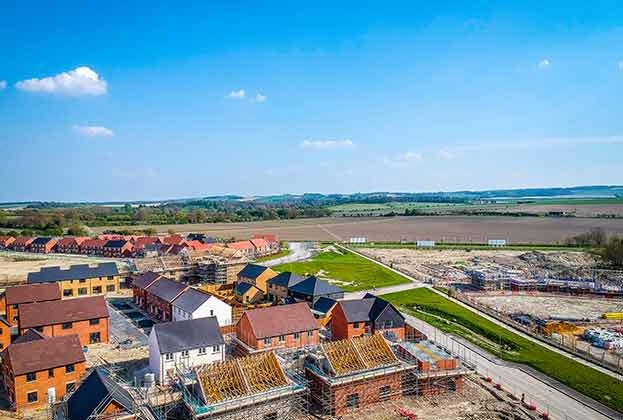

.jpg)